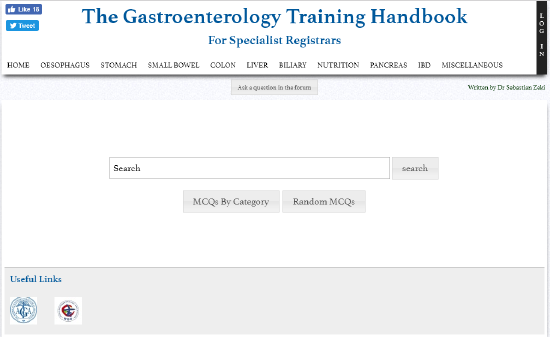
The Gastroenterology Data Sciences Institute
About the Institute
The Gastroenterology Data Sciences Institute is a collaboration between health and data sciences across the UK.
It’s role is to help the analysis of big data in gastroenterology to better understand the maintenance of high quality gastroenterological services across the UK
The institute has the following subsections to fulfill its overall mission:
Aims
- Open source solutions using gastroenterology data
- Public engagement
- Data Analytics Training
- Data Set Linkage and Resources




